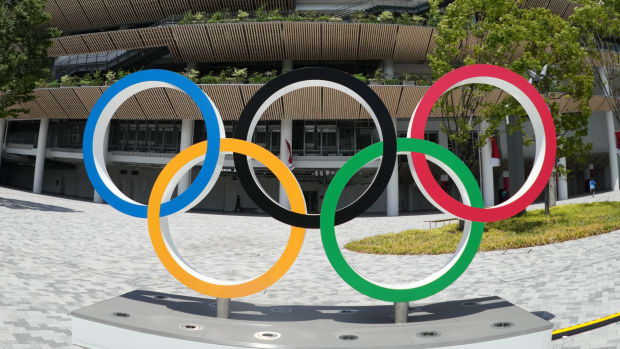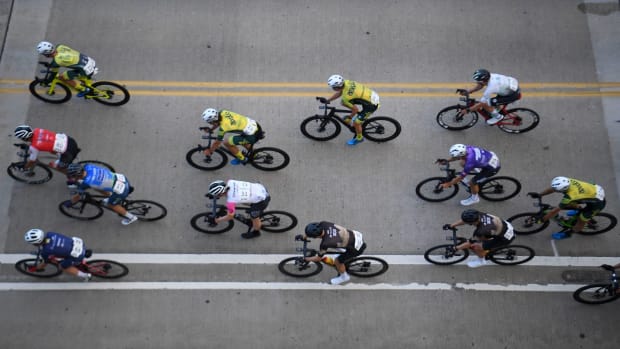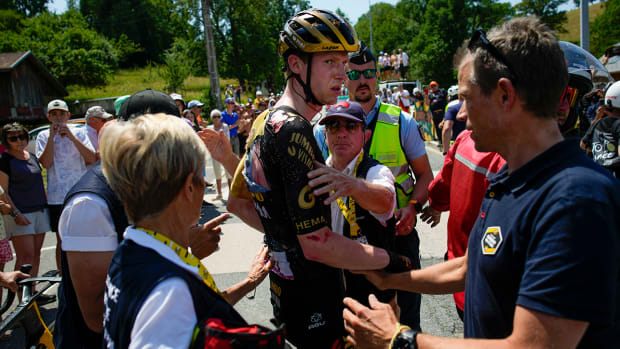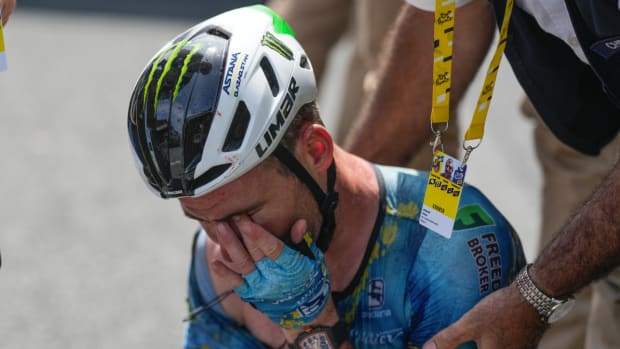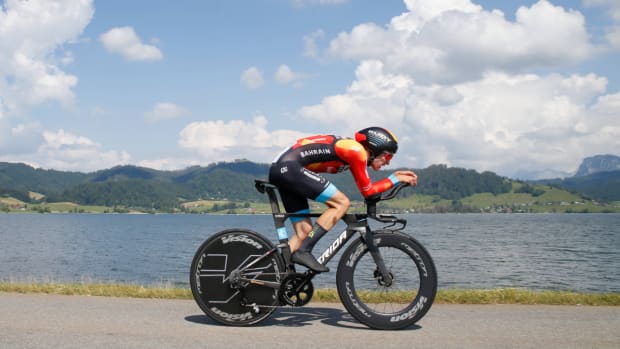Organizations collaborate on anti-doping measures in cycling
The U.S. Anti-Doping Agency has joined with the Cycling Anti-Doping Foundation and the UCI, cycling's world governing body, to conduct drug testing during this week's Tour of California.
This is the first time the three organizations have collaborated to conduct in- and out-of-competition testing for athletes competing in an event. They will not only share in the planning and sample collection but also in the results of the laboratory analysis.
Among the substances screened at the Tour of California are EPO, a banned blood booster that became common in cycling. Certain samples will be selected for special analysis for the presence of synthetic testosterone, CERA and human growth hormone.
The men's portion of the Tour of California begins Sunday.
''Global collaboration is a vital part of the work we all do in the anti-doping movement,'' USADA chief executive Travis Tygart said in a statement. ''The UCI and the CADF's willingness to work in partnership with national anti-doping organizations is a strong demonstration of the current UCI leadership's commitment to moving the sport forward from the past.''
Since taking over the UCI in September 2013, president Brian Cookson has been working to clean up a sport that has long been tainted by allegations of doping. He has championed tougher testing, more research and greater collaboration among anti-doping organizations.
Cookson also formed the Cycling Independent Reform Commission to investigate the sport's shady past. The commission spent a year compiling the 227-page report, which was released in March and detailed a history of doping, cover-ups, infighting, poor leadership and worse governance.
While it was a sobering assessment of cycling, the report was praised by many in the anti-doping community as a necessary step in moving the sport forward.
''The UCI is strongly committed to develop and strengthen our ties with all anti-doping organizations,'' Cookson said Saturday. ''We truly believe that an effective fight for a clean sport can only be achieved through joining forces.''
Still, it appears cycling has a long way to go to truly rid itself of the scourge.
Just last month, the UCI was forced to rule on whether the Astana team of reigning Tour de France champion Vincenzo Nibali could keep its license after several doping cases and a critical audit of its anti-doping work conducted by the Institute of Sports Sciences.
Cookson said the UCI has already collaborated with anti-doping organizations from France, Switzerland and the United Kingdom. He did not say whether there was any collaboration during the Giro d'Italia, which began Saturday, or planned for the Tour de France in July.
''I am very pleased with the partnership between the CADF, USADA and the UCI for the Tour of California,'' said CADF director Francesca Rossi. ''It allows us to pool various resources including manpower for in- and out-of-competition testing but also, importantly, to share intelligence data for the benefit of the overall testing program.''
